How often do you stop to analyze your daily processes?
Do you take the time to evaluate your daily behaviors?
We all get caught up in our daily routines, to the point where our behavior can become instinctual instead of calculated.
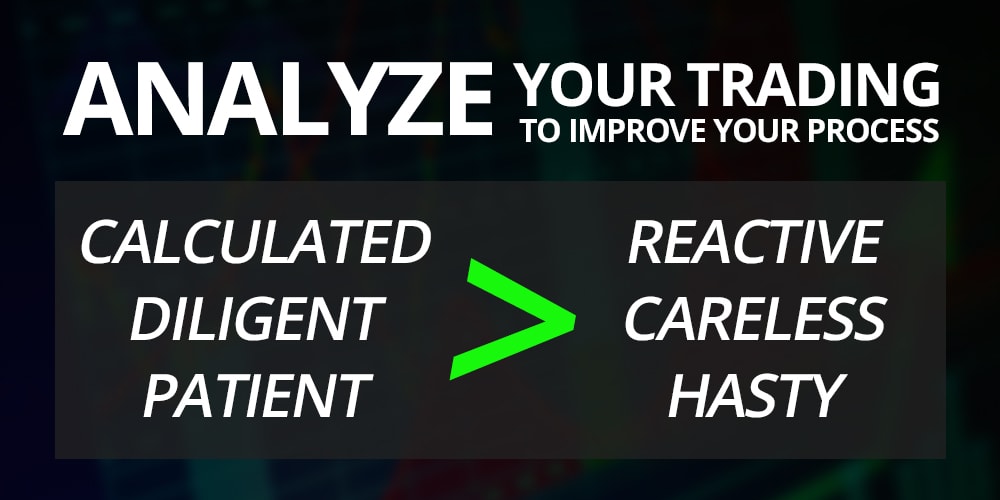
Whether you’re new to trading or have been trading for a while, it’s important to analyze your trading process so you can strive for improvement.
Today, we’re going to discuss a specific part of the trading process process that can have a major impact on your results – finding your edge.
You need an edge if you want to make it as a trader. You will fail without it.
Before we move forward, let’s agree on two principles:
- Trading Requires Hard Work & Dedication – If you came to the market looking for “easy money,” you came to the wrong place. Trading is hard enough as-is; don’t waste time trying to find a shortcut. “Easy money” is rare – hard work is timelessly effective.
- The Majority of Traders Fail – The statistic “90% of traders fail” gets thrown around a lot. Whatever the actual number may be, just know that the odds are stacked against you when you start trading.
If we can agree on these two principles, we agree that trading is difficult and the majority of traders fail. That said, we also know that trading success is possible, and every ambitious trader comes to the market looking for a way to defy the unfavorable odds. What’s the best way to achieve this goal?
You need to find your edge.

The Importance of Finding Your Edge
If you do what everyone else is doing, you will get the same results as everyone else (and we just agreed that the majority of traders fail). Your “edge” is what will separate you from the majority of traders.
Your “edge” is the part of your process that gives you an advantage in every aspect of your trading. This isn’t some secret hack or shortcut; it’s the critical component of both your mindset and strategy that sets you apart from other traders.

This is important for two reasons.
The first is obvious – your edge is your secret sauce – your trade secret – your well-guarded formula. It’s what allows you to make money while others drain their accounts.
The second reason relates to trading psychology and day-to-day activities. If you are constantly chasing “easy money,” you’re actions will reflect your mentality. You will be careless, hasty, and sloppy. If you are focused on developing an edge, you will be diligent, patient, and methodical.
We’ll go into more detail, but if you want to keep things simple, just ask yourself the following question before every trade:
What is my edge?
You can apply that question to every aspect of your trading strategy.
What is your edge in finding trade setups?
What is your edge in timing entries?
What is your edge in managing position?
Of course, new traders can’t expect to come to the market with an edge because they’re just getting started. However, they can come to the market prepared to develop an edge.
How to Find Your Edge
As mentioned above, your “edge” doesn’t need to be incredibly complex. You don’t need to gather the world’s top mathematicians to develop a foolproof algorithm that is guaranteed to beat the markets. There are much simpler ways to find an edge in the markets.
Dante just put out a video explaining how you can develop better processes for analyzing your own trades vs. focusing on what everyone else is doing.
Start by identifying your strengths so you can take advantage of them. What can you do that others can’t or won’t?
Here are some examples:
- Work Ethic – You are willing to work harder than everyone.
- Preparation – You study hundreds of charts, read SEC filings, and constantly scan for stocks.
- Patience – You can focus on the big picture while others are trying to nail short-term moves.
- Focus – You have the ability to narrow your focus and prioritize the quality of your trades over the quantity.
- Industry Knowledge – You have unique knowledge about a specific industry due to your occupation or personal interests.
- Schedule – You can commit more time to trading or wake up earlier than everyone else.
- Tools & Resources – You have access to better research tools, brokers, platforms, chat rooms, etc.
- Research Process – You have a unique research process through which you discover information most traders are unaware of.
- Analysis – You’re great at analyzing charts and seeing what others don’t.
- Trading Style – You’re particularly effective with a specific trading style such as short selling, trading earnings, etc.
There are tons of different areas where you can find your edge, and you may have multiple edges (the more the better!). In a previous post, we mentioned that traders should create “mission statements” to define exactly what they do. Your mission statement guides your daily activities and it should be developed around your edge.
Trading With An Edge
Once you’ve figured out your edge, you should let it guide you.
If you have an edge in a trade, take the trade.
If you don’t have an edge, don’t take the trade.
It’s really that simple.
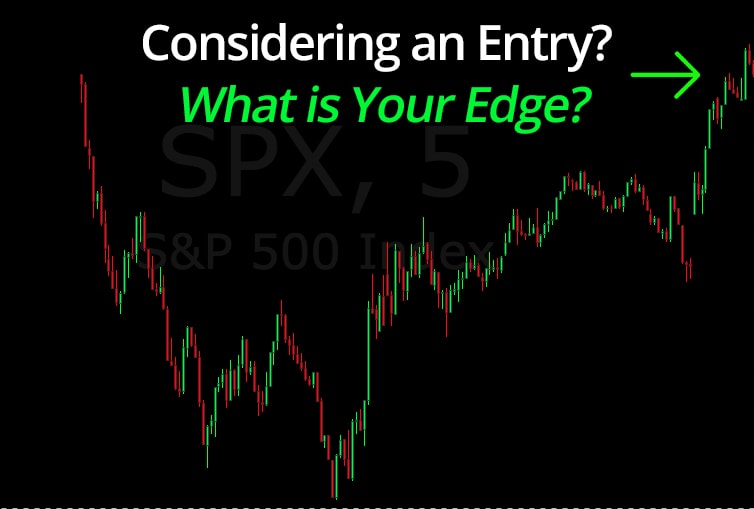
Focusing on your edge helps your build a trade moderation system. This system helps you identify golden trading opportunities, but, more importantly, it helps you avoid sub-par setups.
The market is down 2% and you want to catch the bottom – what’s your edge?
A stock is up over 100% and everyone is getting short so you consider an entry – what’s your edge?
A blue-chip stock is reporting earnings and your considering an entry – what’s your edge?
If you have that voice in the back of your head at all times, it will help you refine your strategy. You will be holding yourself accountable to a higher standard of trading.
What Is Your Edge?
Leave a comment below.
What is your edge in the markets?
If you don’t have an edge yet, how do you plan on developing your edge?


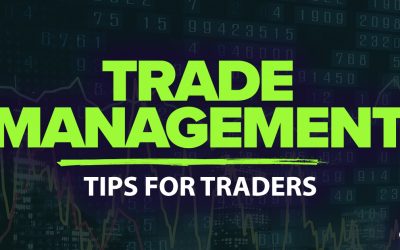
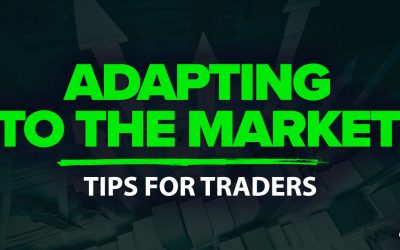
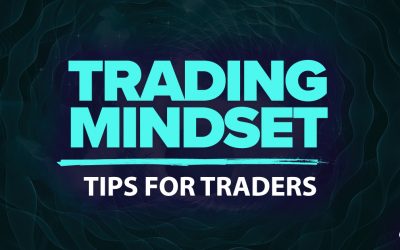
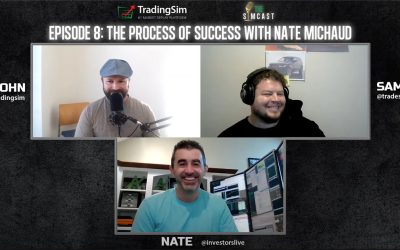


Awesome article Nate you reflect the clear picture for developing edge. Could you please elaborate more about the trading physiology as well. What is the role of trading physiology while developing the edge?
Thank you
IU is the edge… Listening to Nate is the edge.. Congratulations IU You guys really make a difference.
Can you all do me favor? Can you check the 90% failure rate stat?. Sounds like a “canned” number from back when. Is anybody really keeping stats? I bet now a days is more like 75%. I bet IU´s numbers are way lower, but 90% needs to be looked at.
Great post and food for thought if you are just starting out. Lot`s of great pointers to think about developing a daily routine. Thank you Nate and everyone at IU .